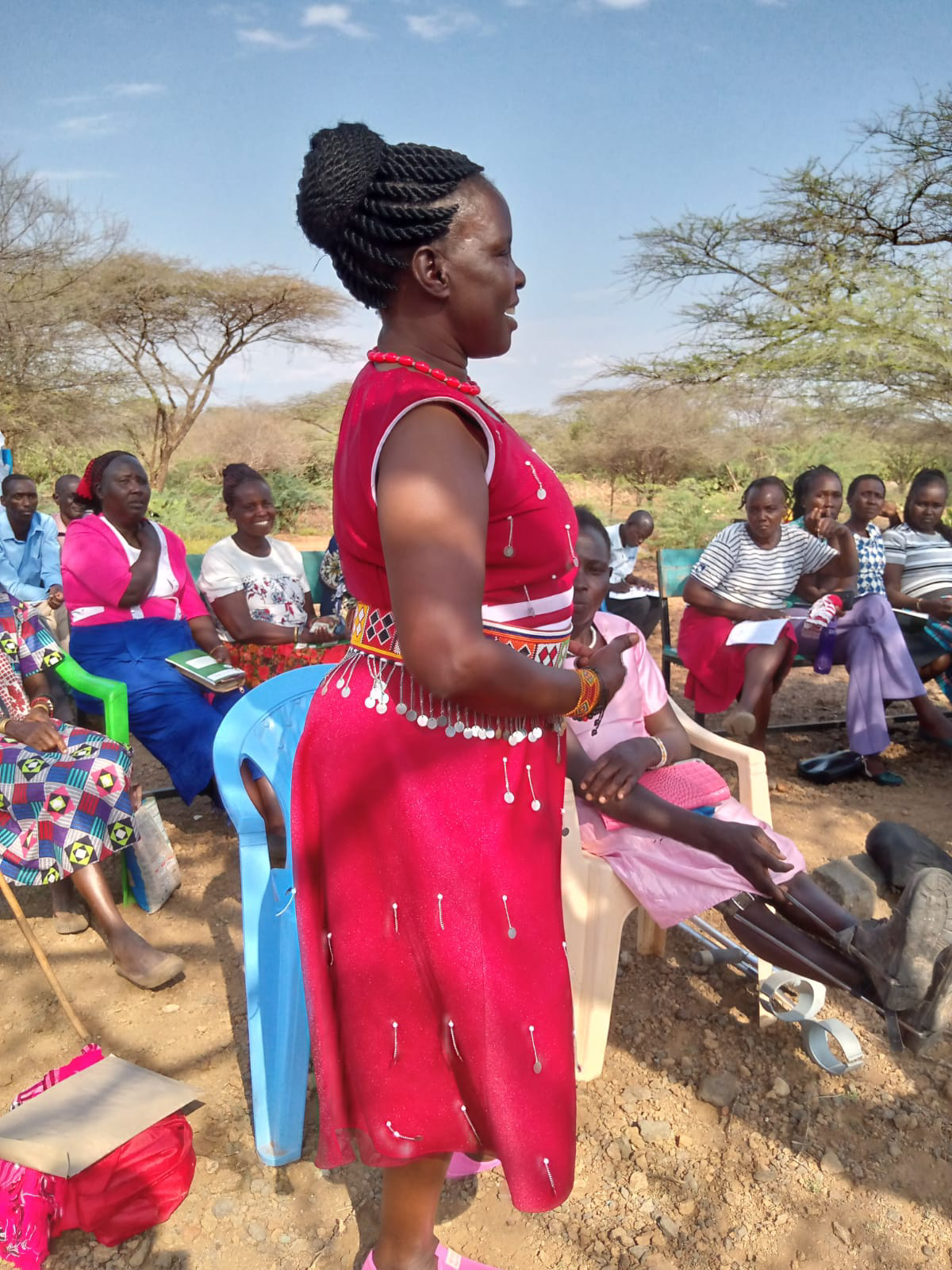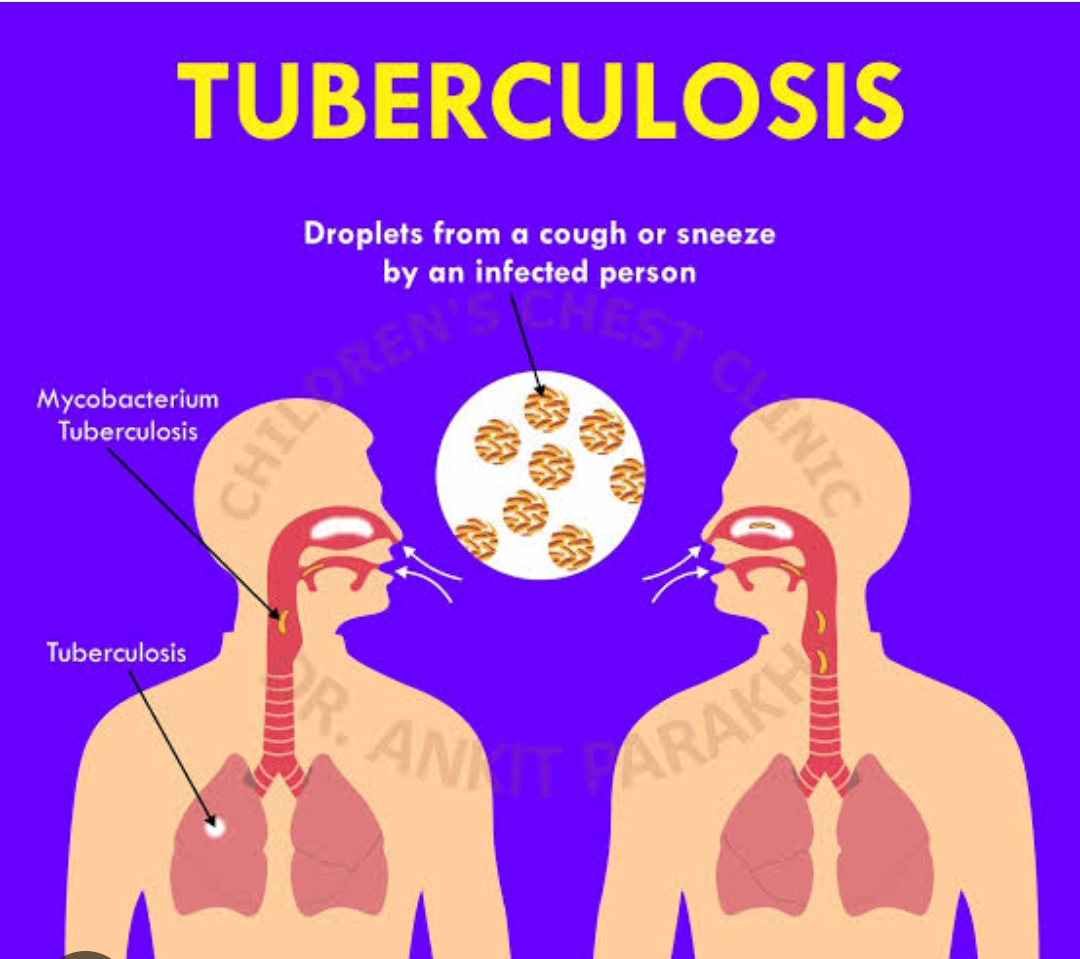Community System Strengthening (CSS) is a strategy that's proving to be a crucial element in the fight against infectious diseases. Instead of solely relying on top-down approaches, CSS recognizes that communities themselves are well-equipped to address the unique challenges they face.
By empowering community actors and organizations, CSS taps into the local knowledge and passion that drive change. This strategy goes beyond awareness campaigns; it fosters a sense of ownership within the community. When individuals and organizations understand the diseases, the solutions, and the role they play, they become more proactive in prevention, treatment, and advocacy.
For communities to rise to the challenge, they need the right tools. Organizational Development System Strengthening (ODSS) training equips community organizations with the skills and resources they require. These organizations become the heart of the community's response to TB, HIV, and Malaria.
ODSS ensures that these organizations are well-structured, have efficient resource management, and are adept at advocacy and communication. It's not just about creating strong organizations; it's about fostering an environment in which these organizations can thrive. They act as a bridge between the community and healthcare systems, ensuring that the community's unique needs are met.
In the past, advocacy efforts often revolved around social mobilization - rallying people around a cause. While this approach has merit, a paradigm shift is required. It's time to shift from merely mobilizing individuals to empowering communities.
This shift encourages community partners to take an active role in decision-making. It emphasizes sharing timely updates, involving communities at all levels, and creating an environment where misinformation and disinformation are less likely to thrive. The focus is on building capacity within communities, so they can advocate for their needs effectively.
The Global Fund plays a pivotal role in supporting this transformation. By recognizing the importance of CSS, ODSS, and this paradigm shift, the Global Fund's funding can make an even more significant impact. Rather than just supporting interventions, the Global Fund can aid in building resilient healthcare systems within communities.
By linking these strategies, we create a unified response to TB, HIV, and Malaria. Empowered communities and well-structured organizations can adapt to the changing landscape of infectious diseases. They're better prepared to respond to outbreaks and ensure healthcare resources are efficiently utilized.
In conclusion, the paradigm shift from mere mobilization to community empowerment, with the help of CSS and ODSS, is a transformative approach. It empowers communities to take charge of their healthcare and advocate for change effectively. The Global Fund's support is instrumental in making this shift a reality.
The key to success in our battle against TB, HIV, and Malaria is understanding that communities themselves hold the power to bring about the change they need. With the right strategies and support in place, we're moving towards a future where these diseases no longer pose a significant threat.











